February 08, 2018
Generations of change
Seven alumni using tech for goodby Rita Savard
What is tech for good? For these seven alumni, it’s all about people. They’ve introduced and nurtured groundbreaking technology and merged it with social and emotional well-being to put the soul back in tech. In turn, they are impacting lives and inspiring others to join them as they work to make our world a better place.
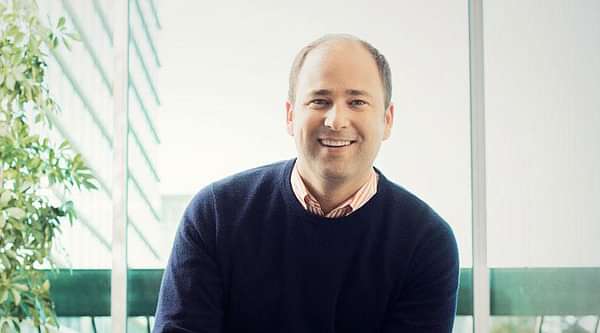
ACCESS TO THE BEST HEALTH CARE IN AMERICA
ABOUT
When faced with a serious medical issue, most patients prefer quality over convenience. But how do you find the right doctor or specialist amidst a sea of uncertainty? Applying his deep experience with Internet search technologies, data mining, and analytical marketing, Owen Tripp has cofounded a company that incorporates a data-driven approach for providing employers with health care solutions. Grand Rounds has been referred to in patient testimony as “like having the Mayo Clinic in your hip pocket,” and it is giving employees and their families an all-access pass to the best health care in America.
TECH
Using a computer model based on both public and proprietary data—including administrative claims data from insurers, practice affiliations, board certifications, disciplinary actions, and academic publications—Grand Rounds meticulously combs through data to match members with highly ranked physicians and top specialists who consult on diagnosis and treatment. Shockingly, this consultation results in a change in the members’ diagnosis or treatment plan more than 65 percent of the time.
THE GOOD FACTOR
Tripp, who used the service himself when a tumor was found in his ear, believes that patients will achieve better health care outcomes through the intersection of technology, medical expertise, and extraordinary patient care. To date, Grand Rounds has connected more than three million patients with the best in U.S. health care.
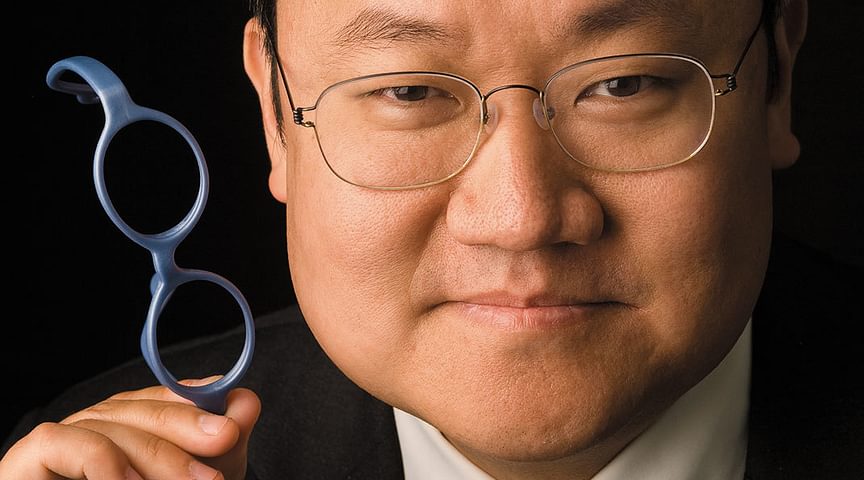
VISIONARY SOLUTIONS FOR INFANT BLINDNESS
ABOUT
Time is crucial for babies born with Retinopathy of Prematurity (ROP), a devastating degenerative eye disease. The condition, most commonly seen in premature babies, must be treated within 48 hours or else the child will experience severe vision loss or blindness. In the Vision Center at Children’s Hospital Los Angeles (CHLA), Dr. Thomas Lee is pioneering technology to diagnose and treat eye disease in premature babies.
TECH
Imaging technology makes it possible to accurately screen for signs of severe ROP by sending pictures of a baby’s eyes to an image-reading center for evaluation. Lee pioneered the use of Spectral Domain Optical Coherence Tomography (SD-OCT) to identify retinal detachments at the earliest possible stage. The telemedicine program Lee adopted at CHLA links to several remote California and Nevada hospitals, allowing Lee and his team to diagnose and quickly treat patients in need of urgent care. The technology is also making life-changing eye surgeries possible for infants 7,000 miles away in Armenia, where Lee has trained surgeons, observed procedures, and communicated with doctors in real time—all remotely.
THE GOOD FACTOR
By providing the technology and expertise and bridging the distance as a factor in health care, Lee has helped drastically reduce the number of newborns in the Greater Los Angeles area who have had to be medically transported away from their families. And for infants requiring immediate critical care, the pilot program at CHLA has helped reduce the rate of infant blindness. In 2017, Lee received the Microsoft Health Innovation Award for his telemedicine work with the Armenian EyeCare Project.
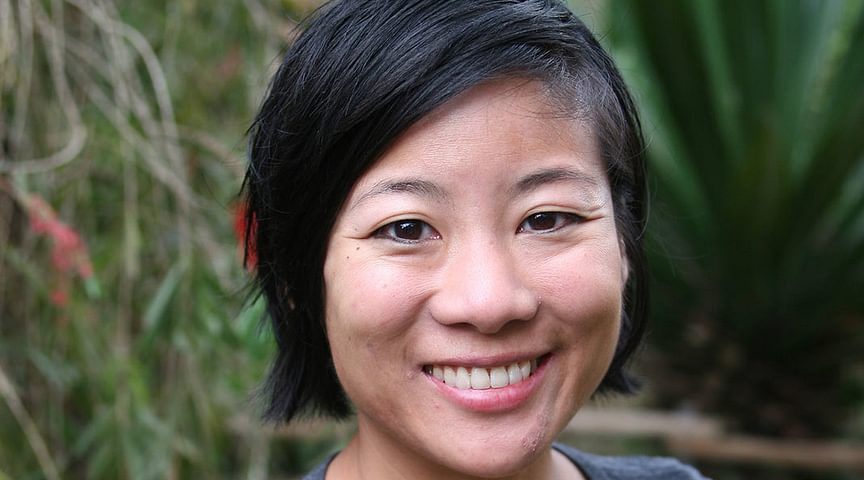
SIMPLIFYING FINANCIAL TRANSACTIONS IN AFRICA
ABOUT
How do you empower millions of people and businesses in the developing world? Charlene Chen, chief operating officer of the digital foreign exchange payment platform BitPesa, has a solution: enable them to receive and transfer assets without crushing fees. While living in Ghana, Chen saw an overwhelming need for development in remittances, especially since money sent by relatives abroad often represents a significant source of income for many Africans and because financial transaction fees to, from, and within Africa are at least twice as expensive as the global average. In 2013, Chen was tapped to join BitPesa with the goal of reducing overinflated remittance costs.
TECH
By using Bitcoin, a digital currency that uses peer-to-peer technology to facilitate instant payments and eliminates the need for banks or money transfer institutions as third parties, BitPesa allows anyone with a cell phone or access to a computer to send and receive payments anywhere in the world—securely and instantly—without unreasonable fees. Users can exchange Bitcoin for African currency that is sent directly to a recipient’s mobile account. People then use their phones to make purchases, send money to other mobile accounts, or cash out into paper currency.
THE GOOD FACTOR
Today, BitPesa is the largest Bitcoin payments company in Africa. Though Bitcoin is not without its detractors, Chen says the greater value of the digital currency is that it gives people greater control over their own money. By eliminating the need for correspondent banking, BitPesa has made cross-border payments in Africa more accessible and affordable.
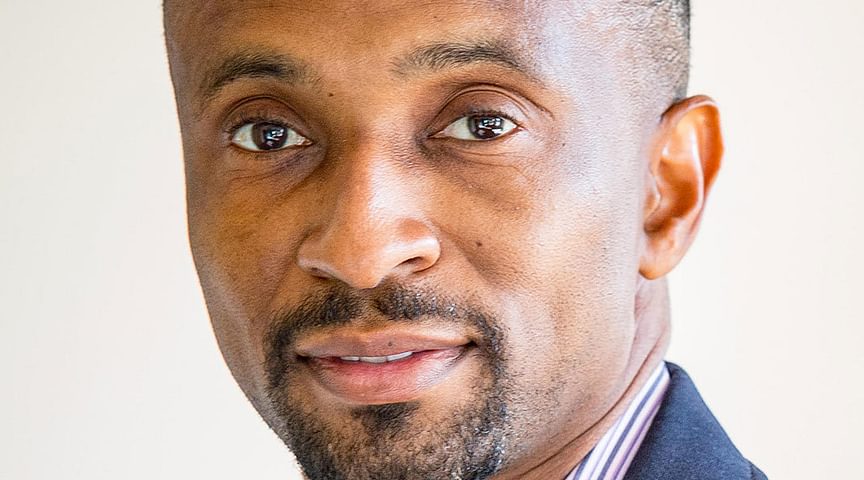
COMPUTER SKILLS FOR LIFE
ABOUT
In Memphis, Tenn., the digital divide is stark, with an alarming number of minority children lacking access to computers, the Internet, and—eventually—jobs in high tech. Meka Egwuekwe, a developer who has spent more than two decades building software systems for governments and Fortune 500 companies, saw the lack of educational opportunities for his own young daughters and decided to do something about it.
TECH
Founded in 2015, CodeCrew helps change the odds and the perception of hope for the city’s poor and underrepresented kids. CodeCrew’s after-school and summer programs provide girls and minorities with valuable access and exposure to computer science to pique their interest in technology, engineering, and math. With the help of instructors, students learn how to build mobile apps, web pages, video games, robots, drones, and more. CodeCrew also serves as a resource for parents, educators, and other organizations looking to address the digital skills gap.
THE GOOD FACTOR
Since its inception, CodeCrew has helped more than 1,000 youth access key economic opportunities. Today, CodeCrew offers multiple summer camps and after-school programs, three in-school elective programs, and a number of special events. The rewards for investing in his community and helping children decode a path out of poverty have no limits, says Egwuekwe.
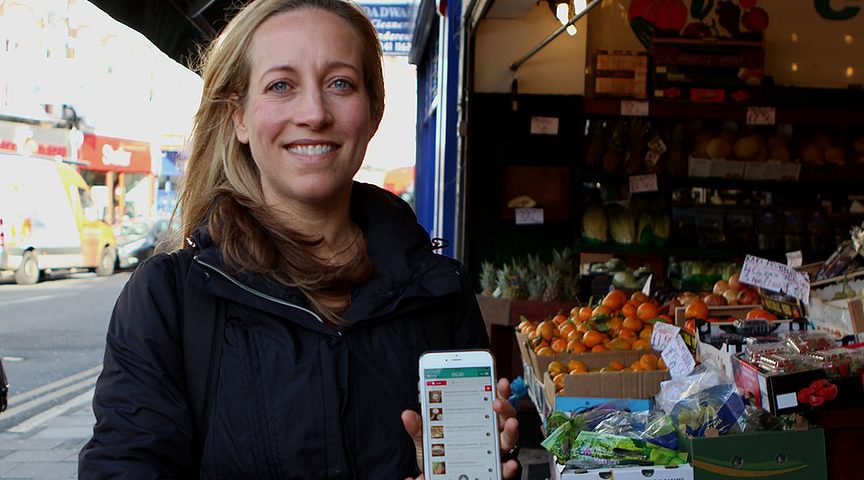
HYPERLOCAL FOOD SHARING
ABOUT
Besides providing her with an unconventional surname, the “hippy entrepreneur parents” of Saasha Celestial-One also gave her a deep appreciation for the planet and its natural resources. So when she realized that more than one-third of all food produced globally goes to waste, Celestial-One was determined to do something about it. Joining forces with close friend and Stanford Business School classmate Tessa Cook, she launched OLIO in January 2016 in the UK to leverage technology to reduce food waste and feed more people.
TECH
Affectionately dubbed “Tinder for food sharing” by the press, OLIO allows users to download its free app, create an account, and upload a photo and description of the food they wish to give away—anything from fresh produce to homemade cakes.
THE GOOD FACTOR
Since its inception, OLIO has attracted some 350,000 global users who have shared more than 400,000 portions of food. The app, which is saving thousands of food items from trash bins each week, was introduced in the U.S. and around the world last year, with supermarkets and restaurants also joining the cause. “This gives me hope that our vision of millions of hyperlocal food-sharing networks around the world is a possibility, and that collectively we can ensure everyone has enough to eat without destroying the planet in the process.”
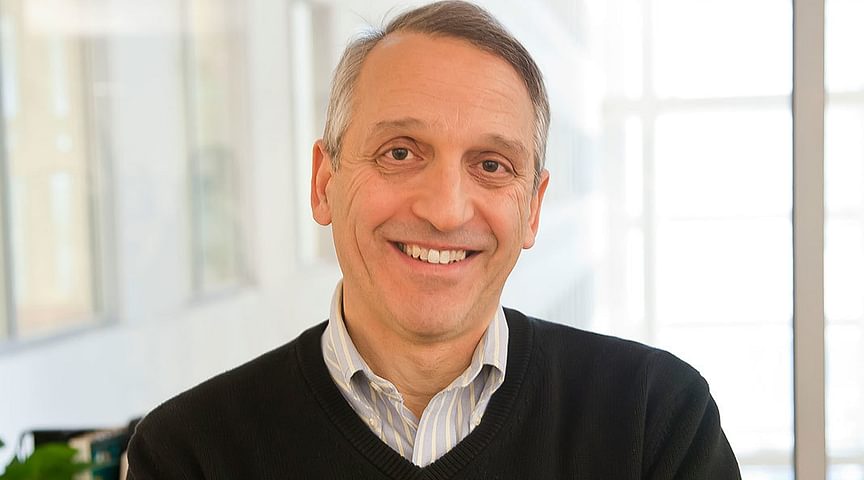
MODERN DAY MICROBE HUNTER
ABOUT
Incorporating tech innovation is advancing medical research and practices by leaps and bounds. For Don Ganem and his talented colleagues, that means significant breakthroughs. As vice president and global head of infectious diseases at the Novartis Institutes for Biomedical Research in Emeryville, Calif., Ganem focused his early work on the replicative cycle of viruses in the hepatitis B virus family (HBV). At the height of the AIDS crisis, his laboratory was at the center of discovering the viral etiology of Kaposi’s sarcoma, a cancer that became one of the hallmark manifestations of HIV/AIDS. The first to grow the virus, his group also was one of the first to build a blood test for the infection, which was used in 5,000 patient diagnoses.
TECH
These days, Ganem and his team are using microarray technology to find clues about and cures for infectious diseases. Their ViroChip, a microarray that contains DNA from every known virus, was used to help identify the SARS virus, two other new respiratory viruses, and several veterinary pathogens.
THE GOOD FACTOR
Ganem’s lab is now developing novel antivirals for a variety of important infections, including hepatitis B, influenza, and respiratory viruses that trigger attacks of asthma and COPD. He is also developing new ways to treat virus-induced cancers.
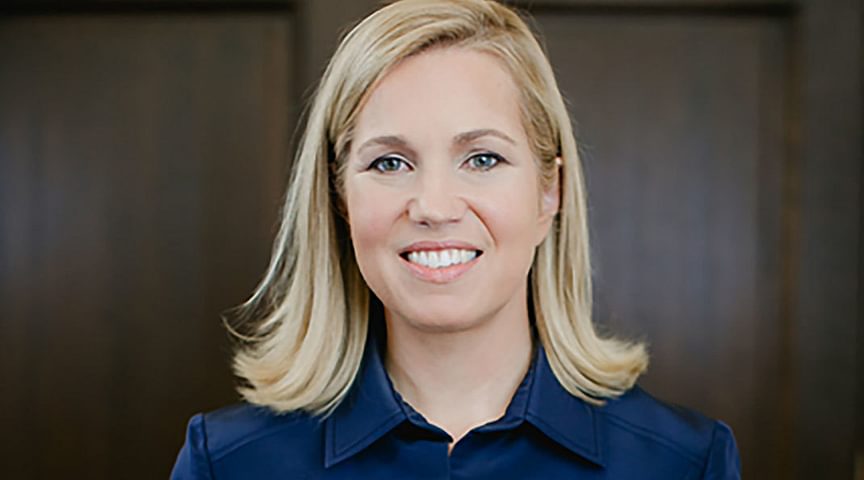
BUILDING GENDER EQUITY IN TECH
ABOUT
For Jessica Livingston, building the future comes down to investing in an idea. That’s why she’s helping to close the gender gap in tech startups. A founding partner at the seed stage investing firm Y Combinator, Livingston has helped create a new funding model for early-stage startups and is changing the tech industry’s notorious reputation as a boys’ club. Besides playing a role in the success of companies such as Airbnb, Y Combinator’s annual Female Founders Conference mentors women who want to run their own startups.
TECH
Twice a year, the company invests a small amount of money in about 50 startups. These startups then move to Silicon Valley for three months, during which time Y Combinator works intensively with them to help shape and refine their pitch to investors. Each cycle culminates in Demo Day, when the startups pitch themselves to a carefully selected audience.
THE GOOD FACTOR
Since 2014, Y Combinator has funded more than 1,500 startups worth more than $70 billion in total. The company provides a platform for successful women to share their stories and advice with those just getting started. By investing in women in tech and helping to market their talents and ideas, Y Combinator is creating more seats at the table for women in Silicon Valley and inspiring a culture of gender diversity in tech funding and innovation.
Other Stories

Andover’s 10th conference promotes open financial dialogue




